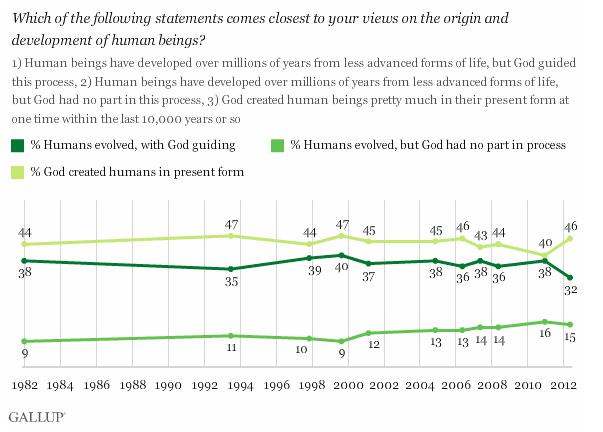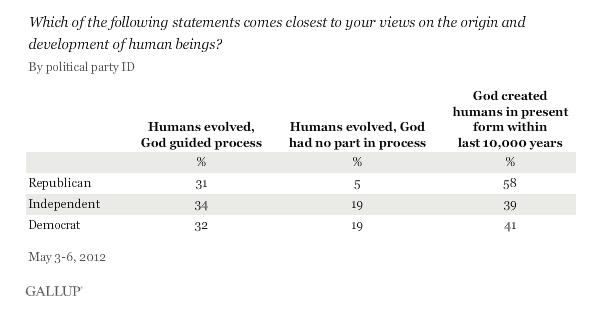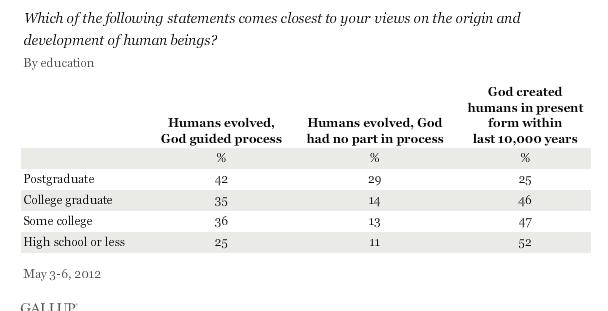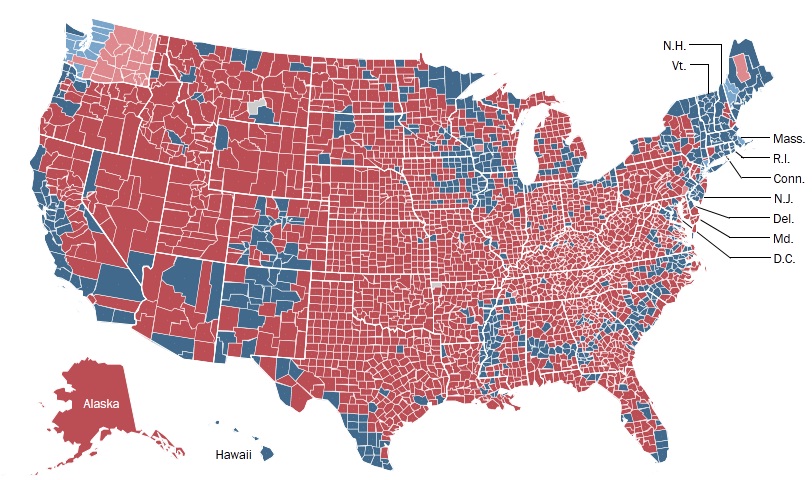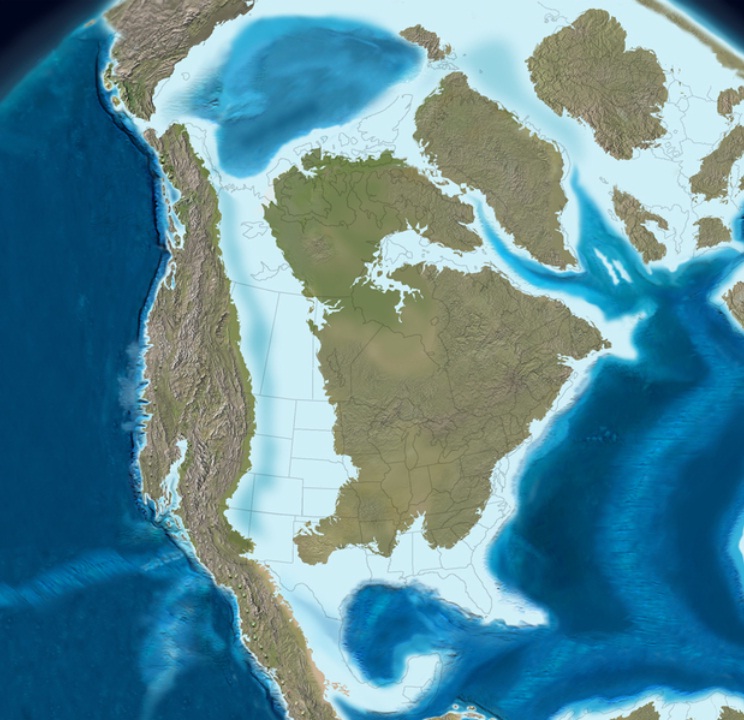All around us, people are willing to stand up and claim countless numbers of rights that ought be bestowed upon people of all kinds. The right to a fair wage. The right to food. To housing. To clothing and even medical care. The list is seemingly endless. There is no satiating the claims upon the grace of the blessed.
Of course, no right exists that compels one man to labor for another; that is tyranny and we’ve rejected that long ago. Though it rears it’s ugly head again and again, perhaps never to be truly defeated, we must continually be vigilant.
Tonight, while having dinner with my 6 year old son I started a conversation surrounding those less fortunate than ourselves. I asked him, for example, are we lucky, are we blessed? He answered that we are blessed and lucky.
Then I asked him what our family, literally, mom and I, should do to help those less fortunate in our community. His answer was that we should give them what they need because “not everyone can be lucky.” I smiled and agreed that indeed, we should take great care in making sure our neighbors and friends have what they need.
But then I asked him if he thought it would be okay if that same person came and took what he needed from our house. It might be money, or food or clothes. Or maybe that person would make me get up and go to work but would get the money instead of me.
He didn’t think that was okay. I asked him why:
Because that would be like a robber.
Indeed.
Look, I get it. I want the world to be a better place too. I want people to take care of other people and be nice. To contribute to those who need to be warm, and full and safe and healthy. But that does NOT mean that I can steal from some in order to meet that want.
And a six year old understands that.




